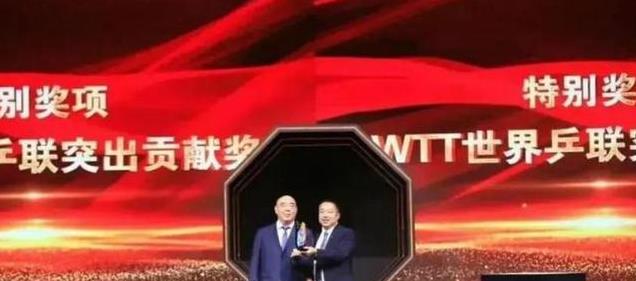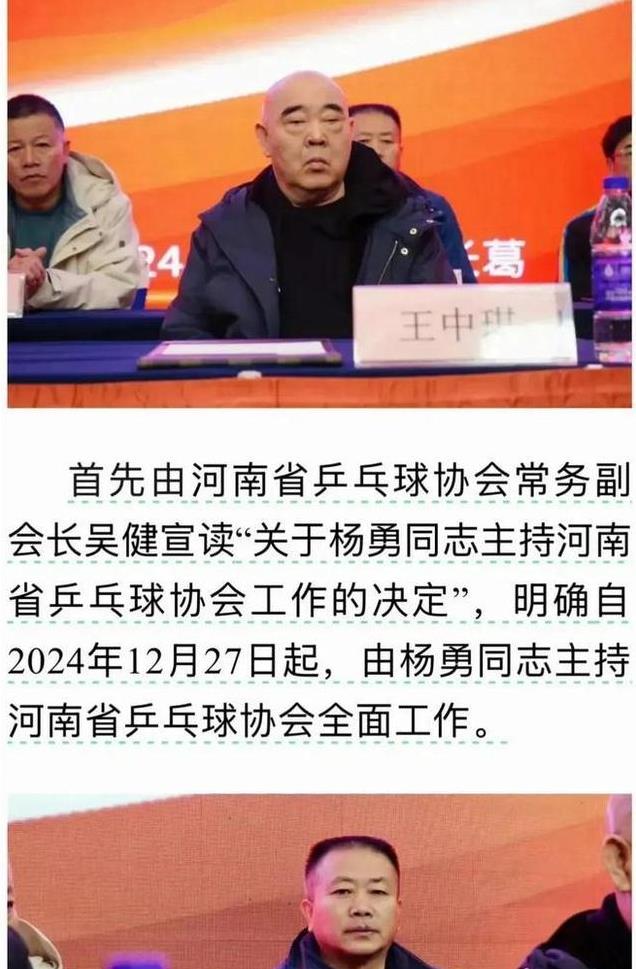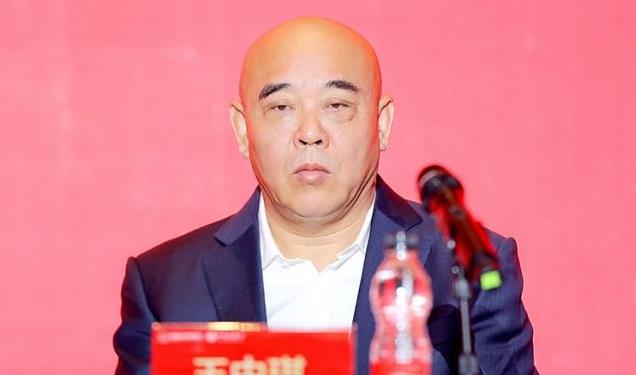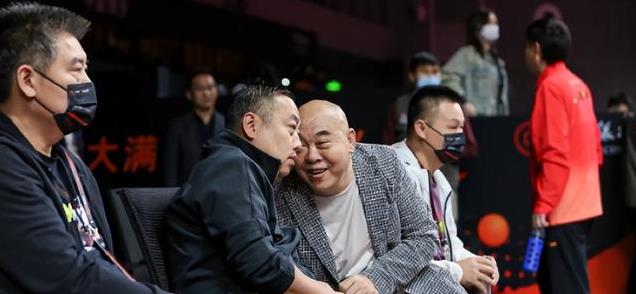The anti-corruption storm in China's sports world, from football to table tennis and beyond, seems to be playing out like an "annual drama," with each revelation akin to a scripted climax. The audience is both shocked by the fall of those once lofty "big shots" and can't help but wonder: how many untold stories lie behind this?

Let's start with football, a field where the "black gold jungle" has long been notorious. Li Tie was sentenced to 20 years in prison, and Chen Xuyuan received a life sentence, a severity that almost amounts to "removing the bottom of the pot" for the entire Chinese football world. But the question is, can such deterrence make Chinese football "turn over a new leaf"? The answer is probably not that optimistic. After all, football has deteriorated to this point not just because of a few "Li Ties" or "Chen Xuys," but due to systemic problems that have accumulated over the years. From grassroots training to professional leagues, corruption, interest transfers, and power-money transactions lurk at every level. This anti-corruption campaign may have cut down the most conspicuous "trees," but it's far from enough to cure the "forest disease."

Now let's look at table tennis, once hailed as the "cleanest sanctuary." It too has been implicated. Wang Zhongqi, the former chairman of Henan Table Tennis Association, was suddenly investigated and overnight turned from a "meritorious figure" into a focus of public opinion. How dramatic is this plot? He had just won an award for successfully introducing the WTT World Cup Finals, yet behind the scenes, he had been under immense pressure from reports, to the point where there were rumors he was admitted to the ICU due to stress. One can't help but ask: after so many years of "outstanding contributions" in the sports field, are these truly for the sake of sports, or for personal gain? More interestingly, even Liu Guoliang, the "big housekeeper," has not escaped scrutiny. Fan Zhendong and Chen Meng openly challenged the new regulations, which reflects not only the athletes' "rights struggle" but also questions the transparency of table tennis rule-making and resource allocation. Despite Liu Guoliang supporting the athletes, fans remain unconvinced, reflecting not just a simple "misunderstanding," but a trust deficit within the management facing public supervision.

The scope of this action is so extensive that one must admire the great determination to combat corruption. From football to table tennis, from local associations to the national bureau, no corner has been spared. However, it's worth noting that these fallen high-ranking officials were almost all figures who stood at the forefront during their "glorious moments." Their corruption should undoubtedly be accounted for, but the systemic issues that provide fertile ground, tacitly allow, or even support corruption behind the scenes cannot be overlooked. Consider that while one Wang Zhongqi is investigated, countless "little Zhongqis" may still be growing. Without institutional safeguards and external oversight, relying on "campaign-style anti-corruption" to maintain cleanliness is perhaps too naive.

The crux of the problem lies in the long-standing "unity of politics and body" model in China's sports world, which concentrates resource allocation, rule-making, and project advancement in the hands of a few powerful individuals. With ample funds and authority but severely lacking in oversight, corruption becomes an inevitable outcome. What truly allows sports to thrive is not merely "tiger hunting," but establishing a transparent and fair rule system. Without rules, how can development occur?

Lastly, there's a detail worth pondering: all the fallen officials without exception had "past contributions." Li Tie was once the national football team coach, Wang Zhongqi was a promoter of local table tennis, and even Gou Zhongwen came to power for reforms. However, these so-called "contributions" cannot serve as a shield for illegal acts. It's like a cleaner cannot justify stealing someone's wallet just because they swept a street; contributions are one thing, crimes another.

So here's the question: who else will be involved in sports' "tiger hunting"? More importantly, can this anti-corruption storm truly cleanse China's sports world from its roots? If one day in the future, our athletes stand on the podium without the shadow of corruption behind them, that would mark the true "victory" of sports, wouldn't it? What are your thoughts? Feel free to share!